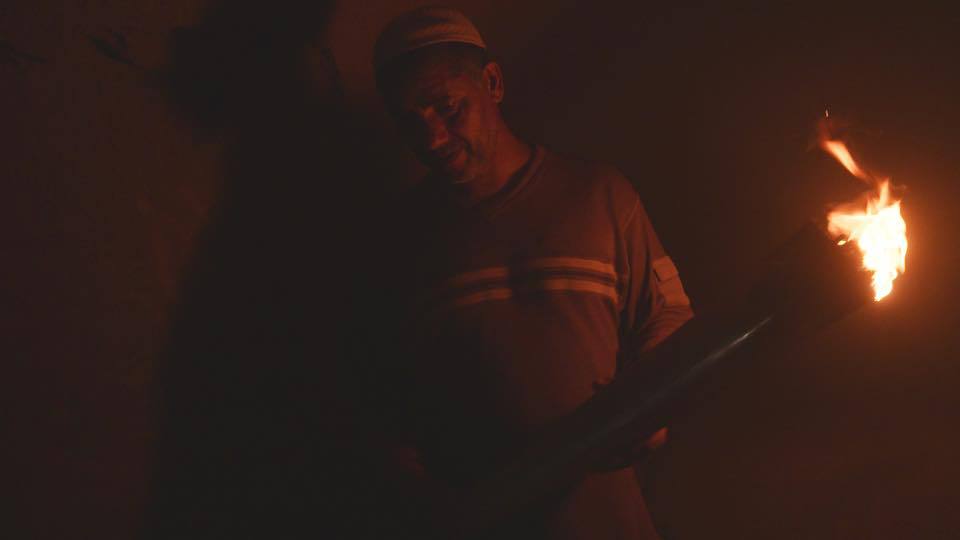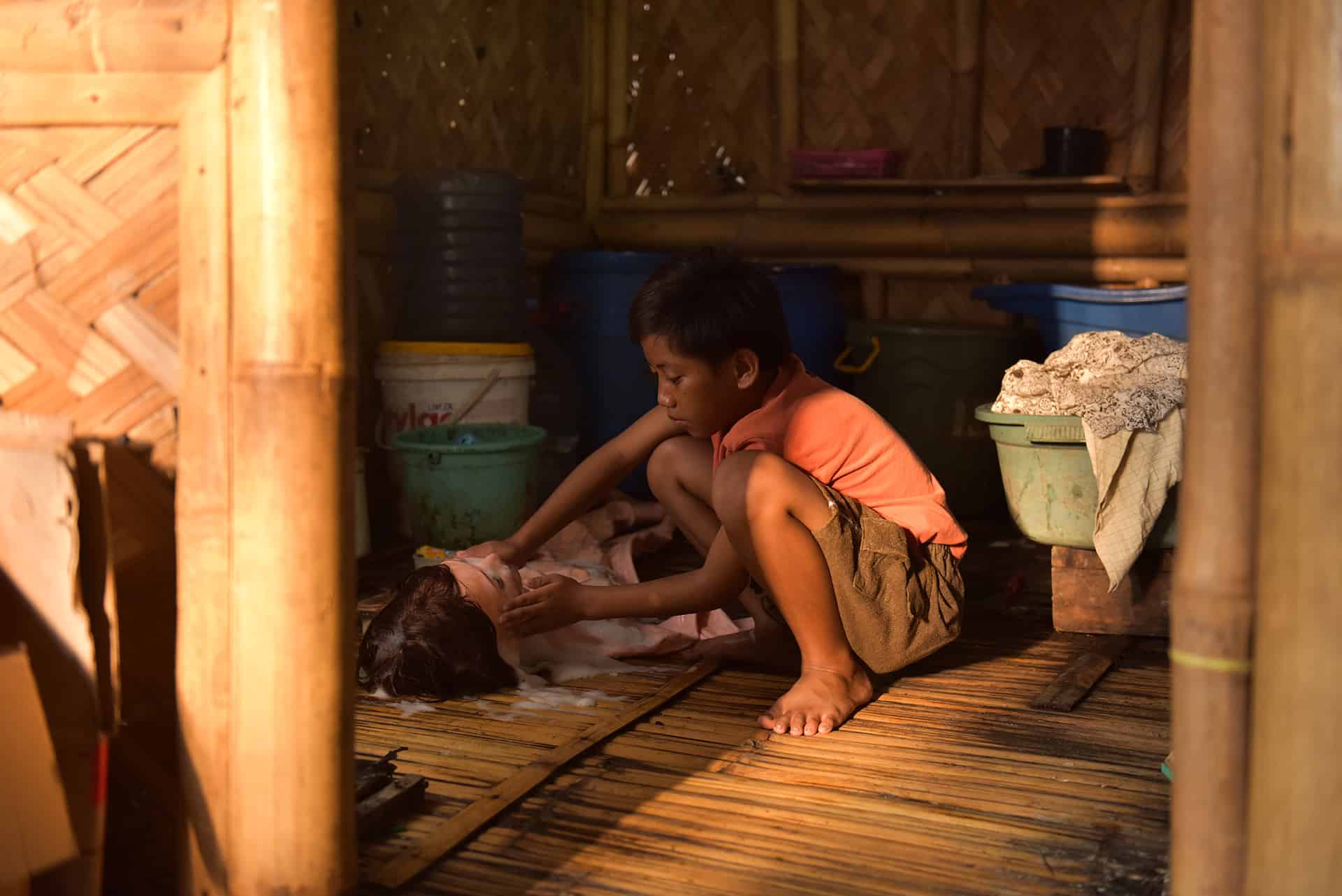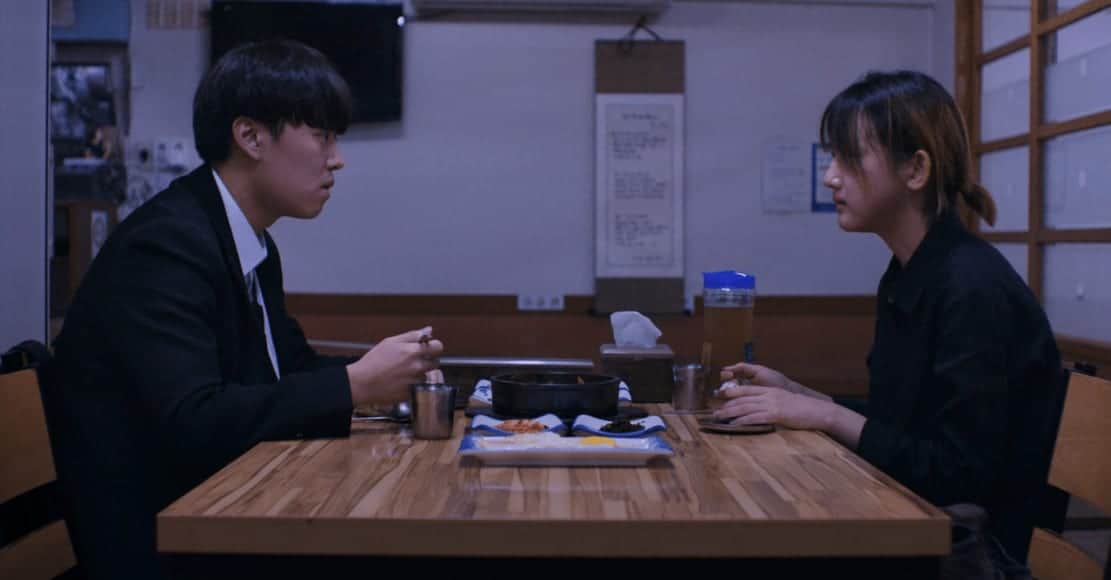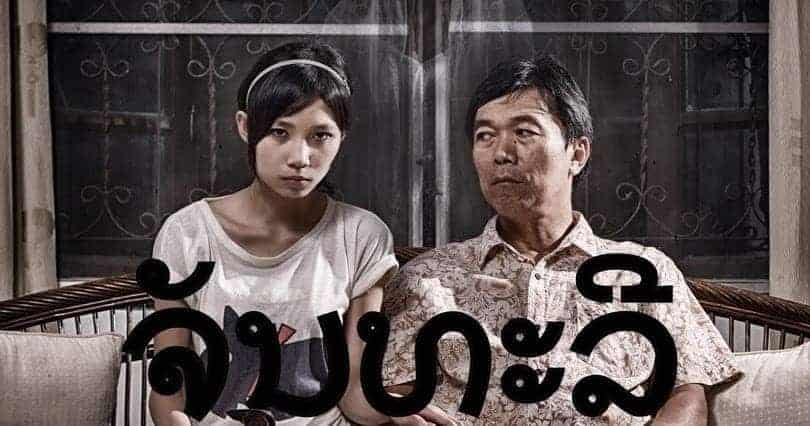Both works of Tajik Sharofat Arabova I have watched so far (Khayolfurush and Tasfiya) share a common element: an effort to introduce Tajik way of life, traditions, and the actual landscape of the country. This element finds its apogee in “Safarnoma”, a documentary that functions as a visual extension of both a museum and a tour guide towards the aforementioned elements.
In that regard, “Safarnoma” deals with a wide variety subjects, including history, religion (Zoroastrianism, Islam and pre-Islam), symbolism, customs and traditions, while it also visits a number of different locations, including museum and archeological sites, along with a number of other settings of historic importance. Furthermore, through a number of interviews with locals, a series of tales, legends, and actual life stories are revealed, which also add a folklore element to the narrative. The combination of all the above, along with some scenes from everyday life (a wedding, manufacturing bricks etc) concludes a rather analytical portrait of Tajikistan.

Apart from the context, however, what sets this documentary apart is its directorial approach and its production values. In that fashion, the work done in editing all these different elements together by Sharofat Arabova and Khusrav Rahmon is excellent not only in their succession, but also on the pace of the film, which is quite fast (in contrast to the usual tactics of observational documentaries), something that keeps the interest of the viewer from wavering and also adds to the entertainment of the production. Zainullobidini Muso's cinematography has captured all the different aspect of the documentary with equal realism, while a number of shots of the various locations, and particularly the panoramic ones, are impressive. Lastly, Mohpaikar Yorova's imposing voice gives a great narration to the film, even inducing it with a ritualistic element that also adds to its overall aesthetics. The fact that the narration seems to have been inserted in post-production also works quite well, in the same style.

The only part that I found a bit weird is the almost complete lack of young people in the film, although the theme and approach of the documentary justifies that part.
I am not sure if Arabova's main purpose was to make her audience want to visit Tajikistan, but she definitely succeeded in that part, by presenting a thorough portrait of a country that is as interesting as it is unknown.















